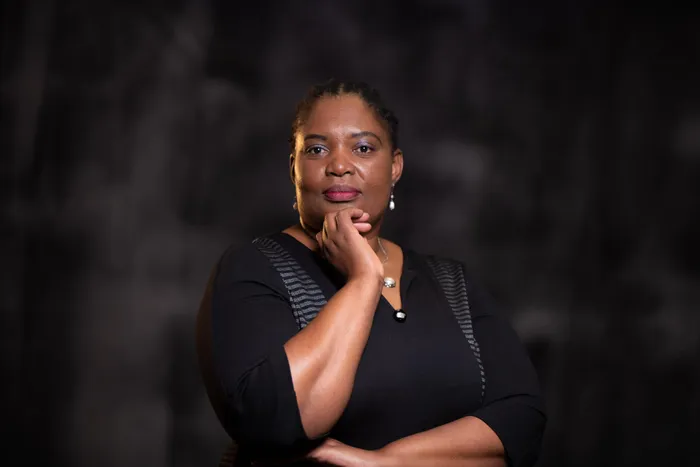Heritage Day: Foundations of resilience for a sustainable South Africa

Mankodi Moitse, CEO of Kagiso Trust.
Image: Supplied
As South Africa prepares to celebrate Heritage Day on September 24, many may view the occasion primarily as a day off from work or an excuse to gather with friends and family for a traditional braai.
Yet, as Mankodi Moitse, CEO of Kagiso Trust says, the true significance of this day extends far beyond leisure. “It’s a day to remember the foundations of our society – and the way they retain their value as the basis for a more equitable future,” she says.
Moitse says South Africa’s rich and multifaceted heritage is a result of thousands of years of human history, marked by the convergence of diverse cultures, languages, and traditions. This intricate tapestry of heritage presents both a challenge and an opportunity for the nation as it seeks to honour its past while crafting a more inclusive future.
“The challenge is for communities, businesses, governments, and organisations like Kagiso Trust,” Moitse says, noting the Trust's roots in the apartheid era and its ongoing mission to support those oppressed by centuries of injustice. This year marks a significant milestone for Kagiso Trust as it celebrates its 40th anniversary, during which it has dedicated itself primarily to education, socio-economic development, and civil society initiatives.
Amid ongoing efforts to create more equitable conditions, the potential of South Africa’s heritage as a driving force for a brighter future is undeniable, the Trust says.
Moitse highlights that many cultural traditions embody sophisticated systems of knowledge that, when integrated into sustainable development, can significantly enhance community engagement and resilience. “Cultural richness is not just an asset; it’s a strategic advantage that can be leveraged for development,” she asserts.
A key insight Moitse shares is that sustainable development does not entail abandoning traditions in favour of modernity, but rather evolving those traditions to meet contemporary challenges while preserving core values. “Human capacity becomes South Africa’s most valuable inherited asset,” she states, a sentiment that reverberates through the various initiatives Kagiso Trust is championing.
One recent initiative that reflects this approach is the Trust’s introduction of a short-term loan facility aimed at alleviating cash flow pressures on over 24 000 emerging sugarcane farmers, historically excluded from financial support mechanisms. With an investment of R30 million, the Trust aims to facilitate early payments to small-scale farmers in KwaZulu-Natal and Mpumalanga, ensuring they can continue their agricultural activities sustainably.
In the educational sector, Kagiso Trust’s empowering collaboration with schools in the Sekhukhune East Education District in Limpopo is transforming lives. Since 2021, the matric pass rate has surged from below 60% to 84%, demonstrating the profound impact of connecting 26 schools to the internet and providing essential resources such as electrical workshops and ICT centres.
“Igniting human capacity in Sekhukhune East will initiate a self-sustaining virtuous circle,” notes Moitse, as these advancements improve the community's socio-economic conditions while reinforcing inherited cultural foundations.
The essence of human capacity building brings to light the necessity of enabling communities to adapt their traditions creatively. For instance, a community health worker proficient in modern techniques might weave traditional healing practices into health education, while a sugarcane farmer could blend indigenous wisdom with sustainable farming practices. This evolution ensures traditions remain intact while addressing modern necessities.
“As we commemorate Heritage Day, it is important for those involved in development to remember that success lies in partnerships, a long-term vision, and a commitment to honouring South Africa’s diverse heritage,” Moitse urges. “The greatest tribute we can pay to our ancestors is to ensure that future generations inherit even stronger foundations.”